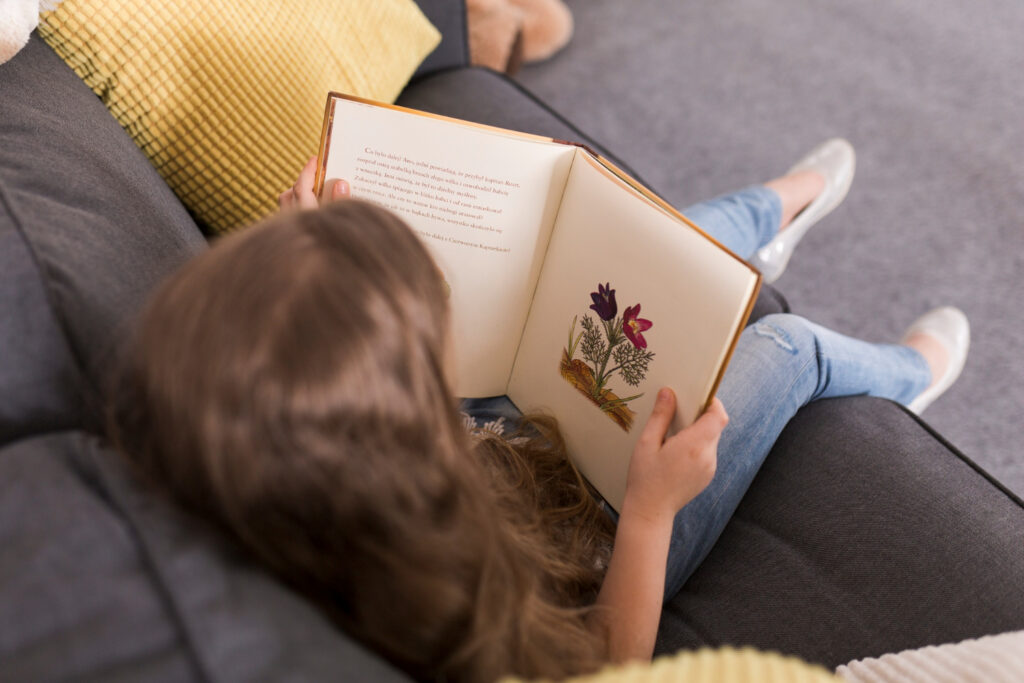“Just 20 minutes a day? Can it really make a difference?”
Yes—and the difference is massive.
We live in a fast-paced, tech-filled world where attention is short and distractions are constant. But hidden within that daily whirlwind is an opportunity—a quiet, consistent, transformative practice: reading just 20 minutes a day with your child.
Let’s explore how this simple habit can dramatically impact your child’s academic success, emotional growth, and lifelong learning journey.
Small Habit, Huge Results
The 20-minute rule isn’t just a feel-good concept—it’s rooted in powerful data. Here’s what studies reveal:
- A child who reads 1 minute a day is exposed to 8,000 words per year.
- At 5 minutes a day, that number jumps to 282,000 words.
- But 20 minutes a day? That skyrockets to 1.8 million words per year.
That’s nearly 2 million words, stories, ideas, and new vocabulary your child gains annually—simply by reading daily.
This consistent exposure:
- Builds strong language skills
- Expands vocabulary
- Deepens comprehension
It’s no wonder students who read 20 minutes daily often score in the 90th percentile on standardized reading tests.
What’s Happening in Your Child’s Brain During Reading?
Reading isn’t just about decoding letters—it’s a total brain workout. While your child is enjoying a story, here’s what’s firing in their mind:
Language & Communication
Reading introduces new words and complex sentence structures, helping children express themselves clearly and confidently. Even before they can read on their own, being read to builds this internal dictionary.
Cognitive Development
Books challenge kids to make connections, follow plotlines, remember details, and predict outcomes. This builds memory, logic, and problem-solving—skills they’ll use in math, science, and daily life.
Imagination & Creativity
Unlike videos, books leave space for the imagination. Children picture scenes, hear characters’ voices, and bring the story to life in their minds. This fuels creativity and abstract thinking.
Emotional Intelligence
Through characters and stories, kids learn empathy—how to understand emotions, handle challenges, and relate to others. This emotional awareness becomes part of who they are.
How to Make 20 Minutes a Daily Habit (Without a Fight)
Let’s face it—kids don’t always sit down willingly with a book. But building the habit is easier (and more fun) than you think.
Here’s how to make it part of your daily rhythm:
- Pick a Time That Sticks
Bedtime is the classic go-to, but not the only option. Try:
– After school window
– Morning snuggle + story combo
– Reading during dinner prep Find what fits your family best and anchor it to a part of your routine.
- Let Your Child Choose
Kids are more engaged when they’re reading what excites them. Let them pick books—even if they seem “too silly” or “not educational.” Comics, graphic novels, joke books—it all counts.
Reading should be a joy, not a chore.
- Start Small and Build
If 20 minutes feels like too much at first, start with 5 or 10. The goal is consistency, not perfection. You’ll be surprised how quickly kids begin asking for “just one more page.”
- Make it a Bonding Experience
Ask questions. Laugh together. Do the voices. When reading becomes quality time, your child will associate books with comfort and connection—not just academics.
Real Stories, Real Impact
These aren’t just theories—they’re results we see every day.
“My daughter was behind in reading comprehension. We started with 15 minutes each evening, just casually. In three months, she was ahead of her grade level.” — Read Smart Parent
“We started reading to my son before bedtime just to help him settle down. Now, he brings us books before we even ask.” — 1st Grade Dad
Consistency is the key. You don’t have to overhaul your routine—just make space for those 20 minutes.
Reading Builds More Than Just Academic Success
While reading strengthens brainpower, the benefits go far beyond the classroom.
- Expands Worldview
Books introduce kids to different cultures, ideas, places, and lives. They see that the world is bigger than their school, neighborhood, or even country.
- Builds Confidence
When a child reads with fluency and understanding, they carry that confidence into every subject and situation—presentations, tests, even conversations.
- Encourages Empathy
Reading stories helps children step into someone else’s shoes. They learn compassion, understanding, and how to see from another’s perspective.
Stronger Reading Skills = Stronger Everything Else
When reading improves, everything else improves:
- Math: Better reading comprehension = better problem solving
- Science: Stronger vocabulary = better understanding of concepts
- Writing: More exposure to sentence structure and storytelling = better expression
Reading is the foundation for every subject your child will encounter in school and life.
We often see reading as “work” or something that has to be done for school. But what if we flipped the script?
Reading is one of the most powerful ways to connect with your child, nurture their curiosity, and equip them with tools that will serve them for life.
You’re not just helping them become a better student.
You’re helping them become a thoughtful, curious, emotionally intelligent person.
At Read Smart, we specialize in helping PreK through 6th Grade students master the reading skills they need to thrive—not just in school, but in life.
Whether your child is catching up or reaching for the top, our proven reading programs can support their growth. We don’t just build better readers—we build confident learners.
Contact Read Smart today at (918) 559-7323 for a FREE consultation.

